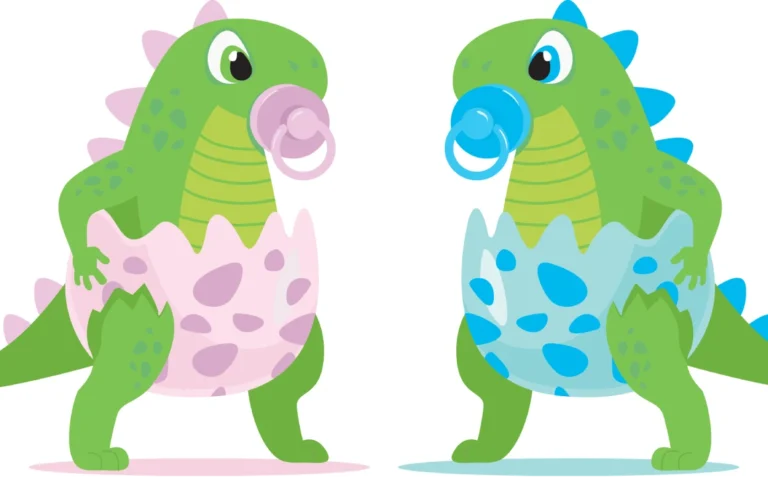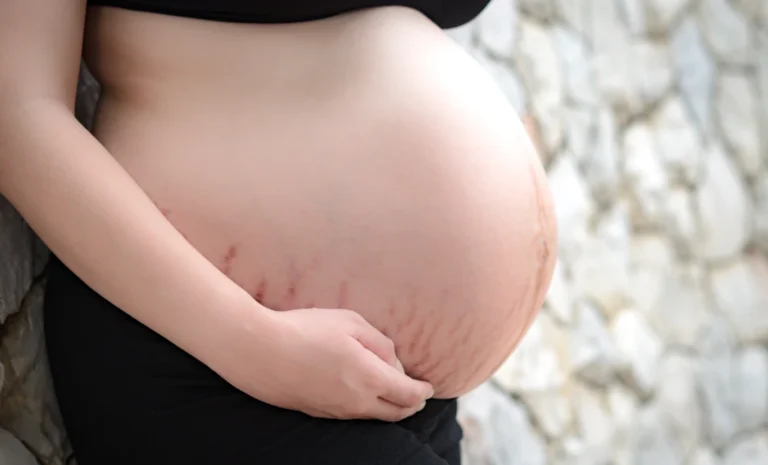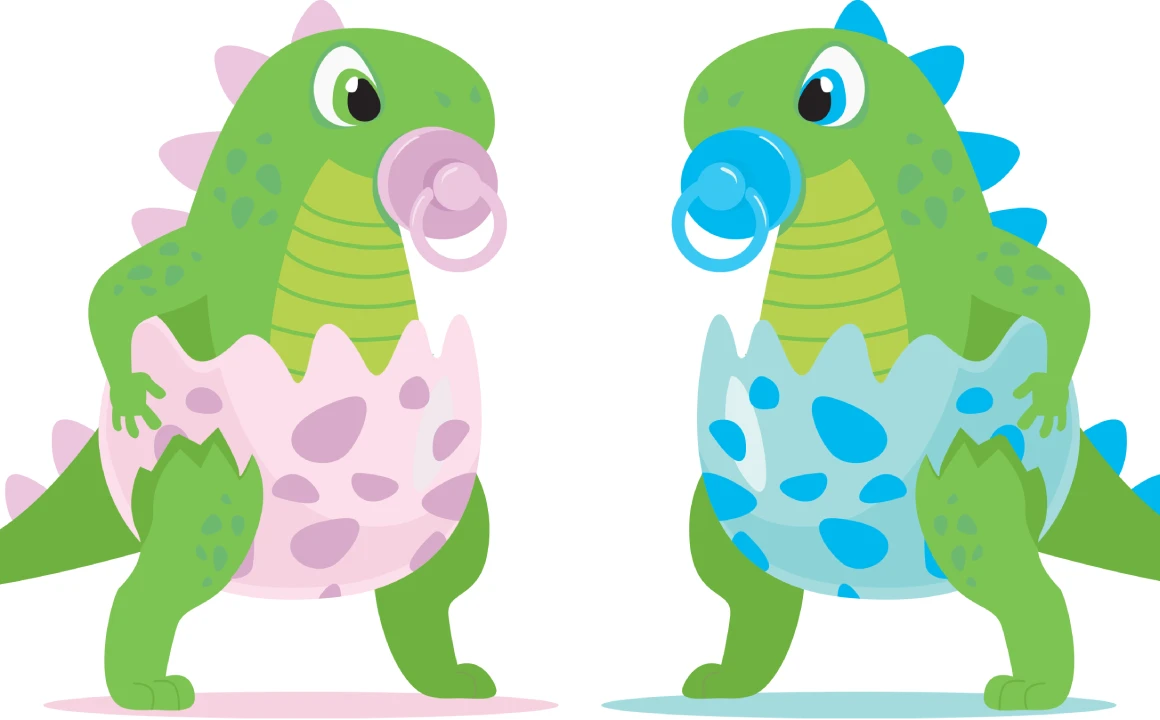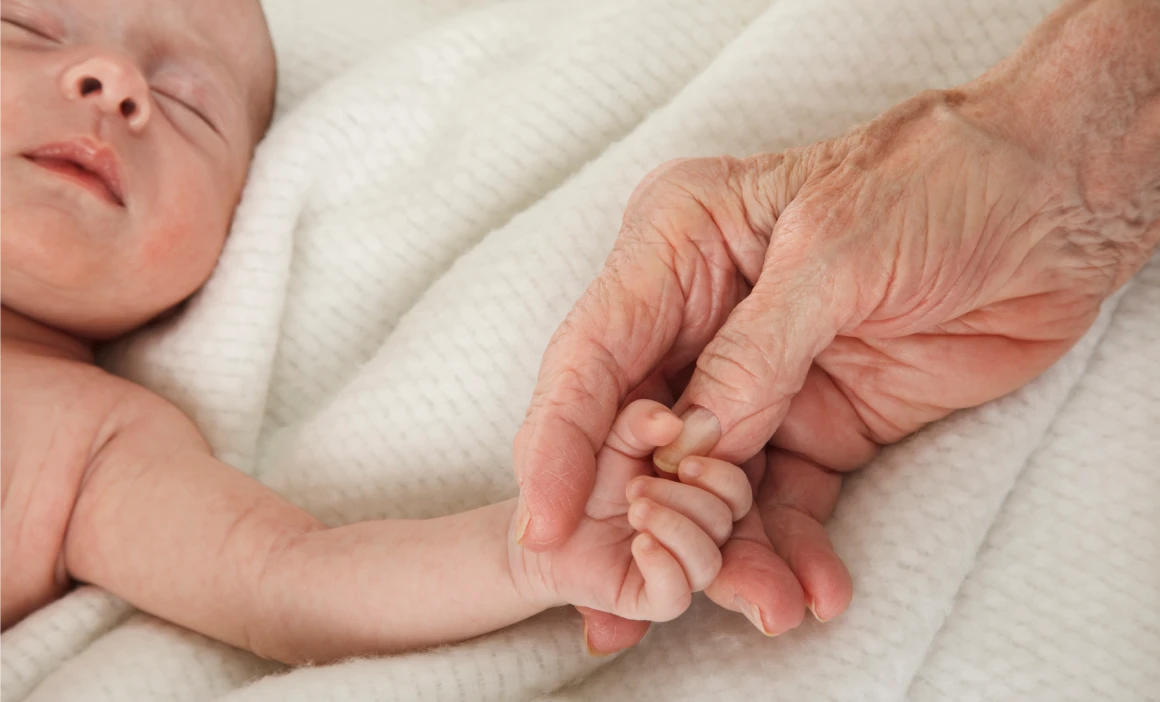
Postpartum Sex: A Complete Guide to Sexual Health and Recovery After Childbirth
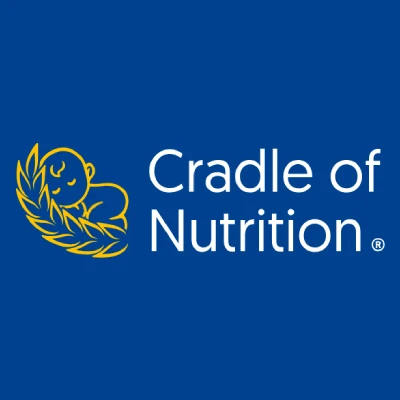
Cradle of Nutrition
- 5 minutes read
What Happens to Your Sexual Health After Childbirth?
Sexual health after childbirth is an often-overlooked topic—but it’s an essential part of overall postpartum recovery. Whether you’ve had a vaginal birth or C-section, the changes your body goes through after pregnancy and childbirth can affect libido, confidence, and post-birth intimacy.
This comprehensive guide will help you understand:
- How pregnancy and childbirth affect sexual health
- When it’s safe to have sex again
- The differences between vaginal and C-section recovery
- How to ease discomfort like dryness or pain
- Which birth control options are safe postpartum
- When to seek medical support
How Pregnancy Affects Sexual Health
Pregnancy causes major hormonal and physical changes that affect sexual health even after delivery:
- High hormone levels in pregnancy can temporarily affect sex drive and sensation
- Physical changes (like increased blood flow to the pelvic region) may cause sensitivity or discomfort
- Weight gain and body image concerns can impact confidence and sexual comfort
- Fatigue and nausea may decrease desire for intimacy
After delivery, estrogen levels drop sharply, especially in breastfeeding women, often causing vaginal dryness, low libido, and delayed recovery.
When Is It Safe to Have Sex After Giving Birth?
Doctors typically recommend waiting at least 6 weeks postpartum before resuming penetrative sex. This gives the body time to:
- Heal perineal or surgical wounds
- Stop postpartum bleeding (lochia)
- Begin hormonal rebalancing
- Reduce infection risk
💡 Reminder: This timeline is a guideline—not a rule. Listen to your body, and talk openly with your provider and partner about your comfort and readiness.
Vaginal Birth vs. C-Section: Sexual Health Differences
Vaginal Delivery
- May involve tears, swelling, or episiotomy that need time to heal
- Some women experience reduced sensation or pelvic floor weakness
- Vaginal “looseness” is usually temporary and improves with pelvic floor exercises
C-Section
- Recovery involves abdominal incisions and may require extra time for mobility and comfort
- Scar sensitivity can make certain sexual positions uncomfortable
- The pelvic floor can still be affected, especially if labor was attempted before surgery
Common Postpartum Sexual Challenges
1. Vaginal Dryness After Birth
A drop in estrogen—especially while breastfeeding—can cause significant vaginal dryness, leading to pain, irritation, or even tearing during sex.
Why Vaginal Dryness Matters:
- Can make intercourse painful or impossible (dyspareunia)
- Causes microtears in vaginal tissue, which increase discomfort
- Raises the risk of infections, including:
- Urinary tract infections (UTIs)
- Bacterial vaginosis (BV)
- Yeast infections
Tips for Relief:
- Use water-based lubricants for intercourse
- Apply vaginal moisturizers regularly (2–3 times per week)
- Stay well hydrated—drink 8–10 glasses of water daily
- Eat omega-3 and fiber-rich foods to support tissue health
- Talk to your doctor about vaginal estrogen therapy (safe for many breastfeeding women)
💬 If dryness causes pain or infections, don’t ignore it—treatment is simple and highly effective.
2. Low Libido While Breastfeeding
Breastfeeding increases prolactin, which suppresses estrogen and testosterone—reducing desire and natural lubrication.
Tip: This is a normal physiological response. Be patient with yourself. Focus on emotional closeness and small steps toward intimacy.
3. Pelvic Floor Weakness
Pregnancy and childbirth can stretch and weaken pelvic muscles, leading to:
- Urinary leakage
- Pelvic organ prolapse
- Decreased sexual sensation
What Helps:
- Kegel exercises (daily)
- Pelvic floor physical therapy
- Avoiding heavy lifting and straining during recovery
Holistic Tips for Postpartum Sexual Recovery
✅ Stay Hydrated
Drinking enough water not only keeps you healthy but also supports tissue healing and natural lubrication. This is particularly important while breastfeeding, as dehydration can worsen vaginal dryness.
✅ Eat to Heal
A balanced diet helps your body recover faster. High-fiber foods like grains, fruits, and vegetables prevent constipation, while healthy fats and omega-3s from avocados, salmon, and flaxseed support hormonal balance. Eating small, frequent meals throughout the day can also help maintain your energy levels.
✅ Use Lubricants and Moisturizers
Vaginal lubricants make sexual activity more comfortable, while moisturizers improve tissue elasticity and reduce irritation between intimate moments. Using both can significantly enhance comfort and enjoyment.
✅ Consider Estrogen Therapy
If dryness or discomfort persists, low-dose vaginal estrogen may help. Available as creams, tablets, or rings, these treatments target the problem locally without affecting breast milk supply. Always discuss options with your healthcare provider to find the best solution for you.
Birth Control After Childbirth: What Are Your Options?
Many women ovulate before their first postpartum period—meaning you can get pregnant as early as 3 weeks after delivery, even while breastfeeding if part-time, because reduced nursing frequency lowers prolactin levels, which can allow ovulation to resume.
| Method | Safe for Breastfeeding? | Long-Term? | Hormonal? |
| Condoms | ✅ Yes | ❌ No | ❌ No |
| Mini-Pill (progestin-only) | ✅ Yes | ❌ No | ✅ Yes |
| IUD (Copper or Hormonal) | ✅ Yes | ✅ Yes | Optional |
| Implant | ✅ Yes | ✅ Yes | ✅ Yes |
| Injection (Depo-Provera) | ✅ Yes | ✅ Yes | ✅ Yes |
Important: Estrogen-based birth control (like combined pills) is not recommended in the first 6 weeks if you’re breastfeeding.
When to See a Doctor
Don’t wait to seek professional support if you experience:
- Ongoing pain during sex
- Severe dryness or irritation
- Frequent UTIs or yeast infections
- Pelvic heaviness or prolapse symptoms
- Depression, anxiety, or lack of interest in intimacy
- Relationship strain due to sexual challenges
There’s help. Postpartum sexual issues are common—and treatable.
Final Thoughts: Embrace the Healing Process
Your body has just performed a miracle—and it deserves time, care, and patience to heal. Sexual health after childbirth is about more than sex. It’s about comfort, confidence, hormone balance, intimacy, and overall well-being.
Whether you’re weeks or months postpartum, remember:
- Healing is not linear
- You are not alone
- Support is available
By staying informed, hydrated, nourished, and empowered, you can rediscover intimacy in a way that’s healthy, safe, and right for you.
Frequently Asked Questions (FAQ)
1. How long should I wait before having sex after giving birth?
Typically 6 weeks, but it varies. Always follow your doctor’s advice.
2. Can vaginal dryness after birth lead to infection?
Yes. Dryness can cause microtears that increase your risk of UTIs, bacterial vaginosis, and yeast infections.
3. Is it normal to have low libido while breastfeeding?
Yes. Hormonal changes during lactation commonly reduce desire and lubrication.
4. Is vaginal estrogen safe during breastfeeding?
Most low-dose local estrogen therapies are considered safe. Ask your doctor to confirm what’s best for you.
5. What’s the best birth control after childbirth?
Options like the mini-pill, IUD, or implant are safe and effective—especially if you’re breastfeeding.
By Erika Barabás
Related Posts:
https://cradleofnutrition.com/breastfeeding-depression-and-recovery/
https://cradleofnutrition.com/contraception-during-breastfeeding/

